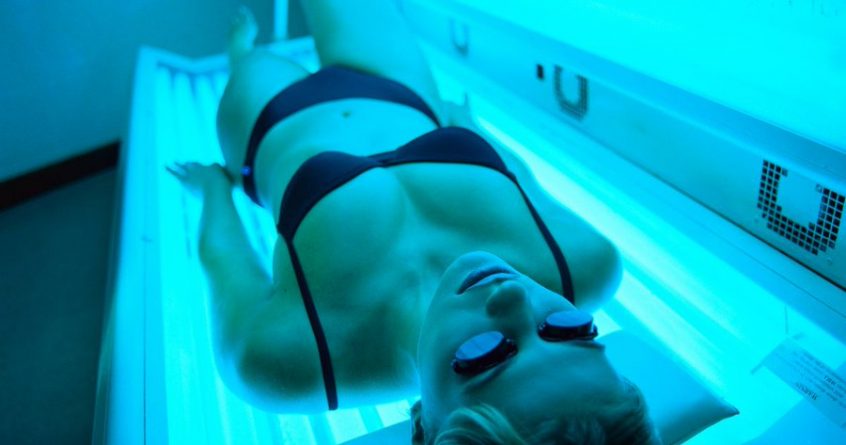Australia, and Bondi beach in particular, is one of the skin cancer hotspots of the world. I once made a documentary there, “Dying for a Tan”, talking to people with pale skins baring all in the vicious Australian sun.
Even knowing that they were courting the disaster of a malignant melanoma, which is one of the most aggressive cancers, didn’t put them off.
Going for a sunbed session indoors has the same dangerous effect but the threat of a malignant melanoma is still dismissed as scaremongering.
Taking another tack, researchers at Manchester University are claiming that a ban on commercially available indoor tanning would substantially reduce deaths from melanoma.
The thing is, people with pale skin don’t have sufficient pigment to protect them from ultraviolet radiation in sunshine, which makes them more vulnerable to skin cancer.
By tracking the projected impact of a ban on the 618,000 18 year olds living in England in 2019, the research team showed a ban on indoor tanning would result in an astonishing 1,206 fewer cases of melanoma, and 207 fewer melanoma deaths over their lifetimes.
And we wouldn’t be the first to ban commercial sunbeds. Similar legislation in North America, Europe and Australia adds to the growing body of evidence supporting a total ban on tanning shops. In England, sunbed use is especially high in the North West and in cities with greater social deprivation.
Its popularity is thought to partly explain the unusually high rates of melanoma seen among young women living in the North West.
And shockingly it’s thought there are around 62,000 children under 18 currently using sunbeds in England.
Paul Lorigan, Manchester University professor of oncology, said: “If the NHS invested in a public health campaign to support the ban on sunbeds, we estimate that melanoma and other skin cancers would be significantly reduced, NHS resources would be saved, and deaths averted… Anyone who has used a sunbed increases their risk of melanoma by almost 60%.
“We show quite conclusively for the first time that banning indoor tanning, supported by a public-health campaign, would be an efficient use of resources to reduce melanoma and other skin cancers in England.”
Professor Adele Green from Manchester University adds: “But policymakers require robust economic evidence to inform decisions about a possible ban of such devices to mitigate these burdens. We feel we have succeeded in providing that.”
Susanna Daniels, CEO at Melanoma Focus, said: “For individuals, sunbed use dramatically increases the risk of developing melanoma, the deadliest skin cancer. The rates are increasing in the UK yet 86% of cases are preventable. We strongly advise the avoidance of sunbeds.”

